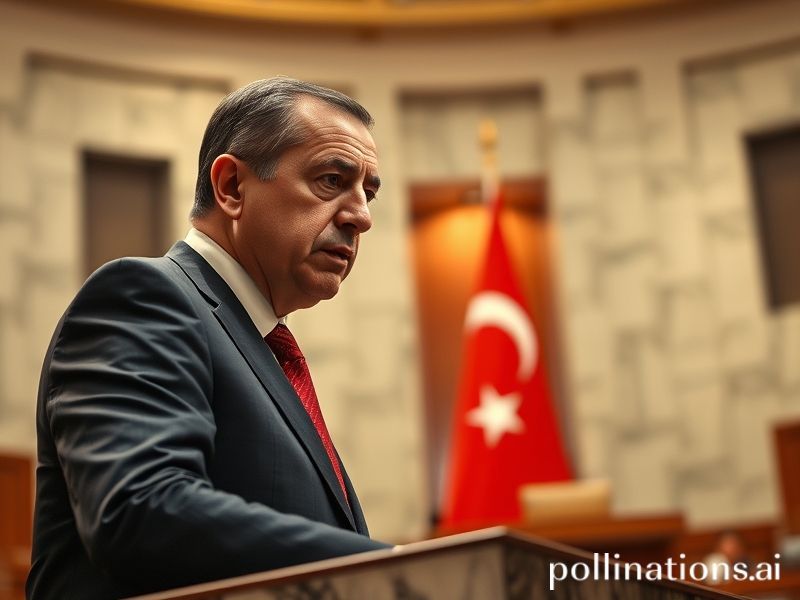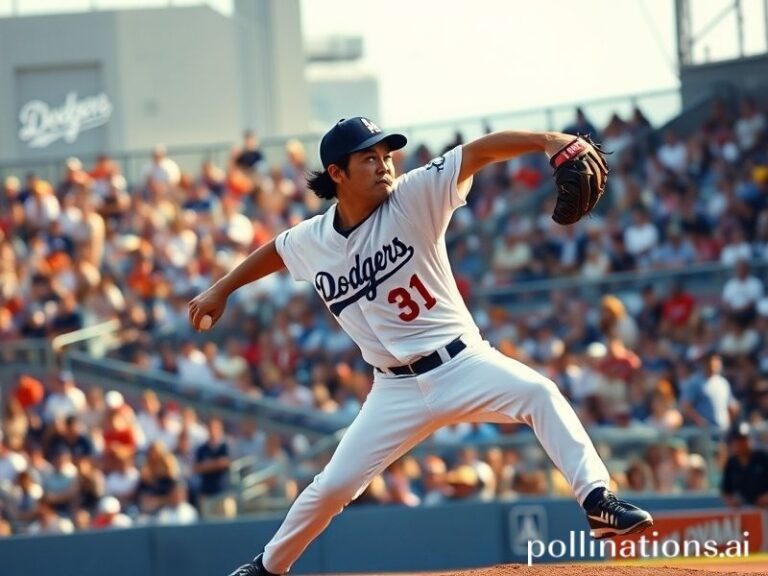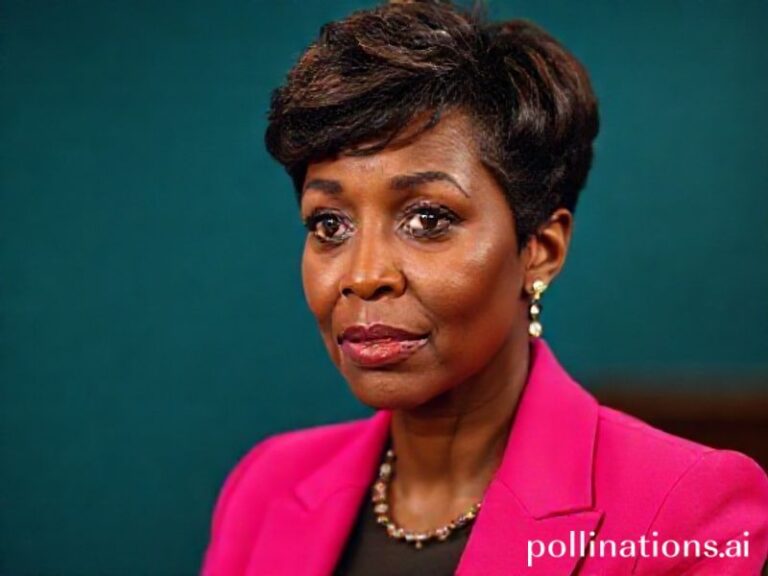Erdoğan’s Grand Bazaar: How One Man Brokers the World While His Currency Burns
Recep Tayyip Erdoğan has spent so long in power that his earliest political opponents were still using dial-up internet. Twenty-one years after first becoming Turkey’s prime minister, the man now sits in a palace so vast it has its own weather system, and the rest of the world has learned to treat Ankara like a moody cat: stroke it the wrong way and you’ll bleed.
From Washington to Beijing, capitals pretend not to notice that Erdoğan has rewritten the job description for “NATO ally.” He buys Russian S-400 missiles while the alliance stockpiles ammunition for Ukraine; he hosts Vladimir Putin for tea and then signs off on Sweden’s accession to NATO—provided the Swedes promise not to insult his delicate sensibilities with Kurdish flags. The transaction is classic Erdoğan: sell the same horse twice and keep the saddle. Brussels fumes, Stockholm sighs, and Moscow quietly deposits another tranche of tourist rubles in the Turkish treasury.
Global markets, those fickle gods, have watched the lira perform interpretive dance on the edge of a cliff. Inflation hovers near 70 %, yet the central bank—now run by Erdoğan’s son-in-law’s former roommate’s barber—cuts rates because the president believes high interest rates are “the mother and father of all evil.” Investors respond by converting whatever they can into anything that isn’t stamped “Türkiye.” The result is a booming trade in used German washing machines, because scrap metal priced in euros is safer than the local currency. Somewhere, Adam Smith is updating his LinkedIn to “influencer.”
Europe, meanwhile, has discovered a renewable resource: Turkish veto threats. Need to sanction Belarus? First check if Ankara will release another wave of refugees toward Greece. Want to police the eastern Mediterranean? Better schedule naval exercises around Erdoğan’s next phone call with Tripoli. The EU pays billions to keep Syrian refugees in Turkish camps, which is cheaper than admitting them and infinitely more photogenic for election campaigns. It’s outsourcing with Ottoman characteristics.
In the Middle East, Erdoğan plays three-dimensional chess while everyone else is still figuring out checkers. He backs opposing sides in Libya, flirts with Israel over a gas pipeline, and sends Bayraktar drones to Azerbaijan with a polite note: “Use responsibly.” The drones, of course, work perfectly; the responsibility is optional. When Tehran protests Turkish troops in Iraq, Ankara shrugs—after all, borders are just polite fictions, like calorie counts on baklava.
China watches, bemused. The Belt and Road is welcome to cross Anatolia, provided Beijing never utters the word “Uyghur.” Erdoğan once thundered about genocide; now he mumbles about “bilateral sensitivities.” Money, like gravity, bends principles. The Communist Party politely applauds and reroutes the railway so it can carry iPhones and silence in equal measure.
The domestic theater is even darker. Opposition leaders are jailed, released, and jailed again in a bureaucratic hokey-pokey. Journalists count themselves lucky if the tax fine arrives before the prison sentence. Yet Istanbul’s voters still manage to elect mayors who beat Erdoğan’s candidates twice—proof that even in managed democracies, the occasional coin lands on its edge.
Still, the West clutches its pearls only when convenient. When Turkey threatens to block Finland’s NATO bid, think-tank panels sprout like mushrooms after rain. When the same country hosts five million refugees so Europeans can sleep easier, silence is golden. Morality, it turns out, has a fluctuating exchange rate.
Conclusion: Recep Tayyip Erdoğan has perfected the art of being indispensable and impossible in the same breath. He arms Ukraine, trades with Russia, blackmails Europe, and lectures the United States—all while his own citizens barter for cooking oil. The world keeps calling because nobody else can pick up the phone. In the great bazaar of geopolitics, he has cornered the market on brinkmanship. Just remember to haggle; the first price is always for tourists.







